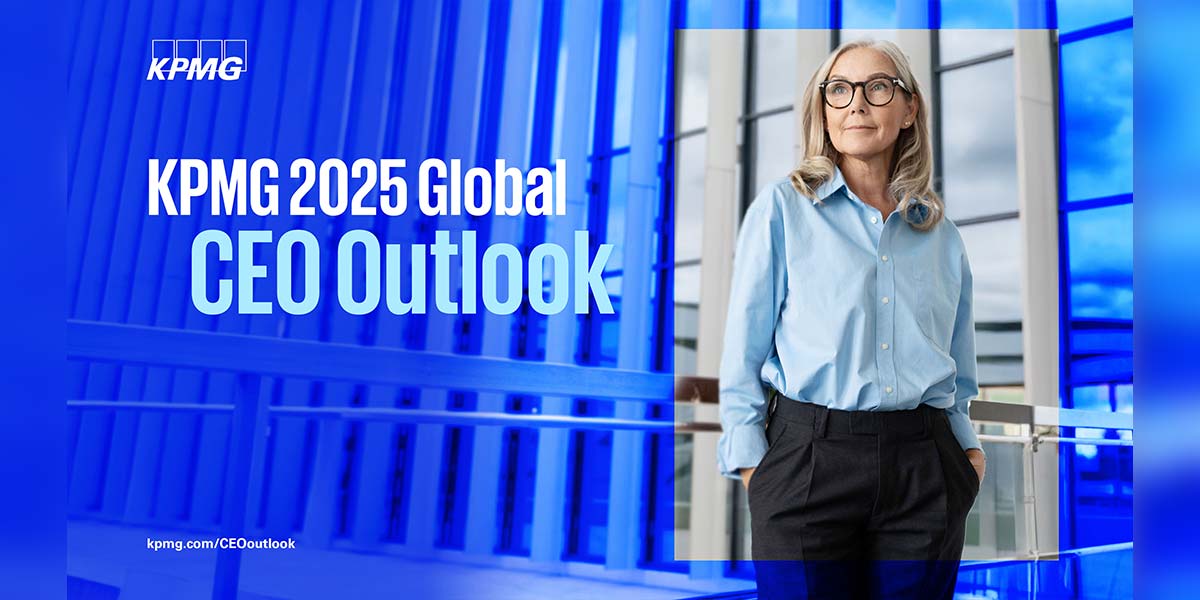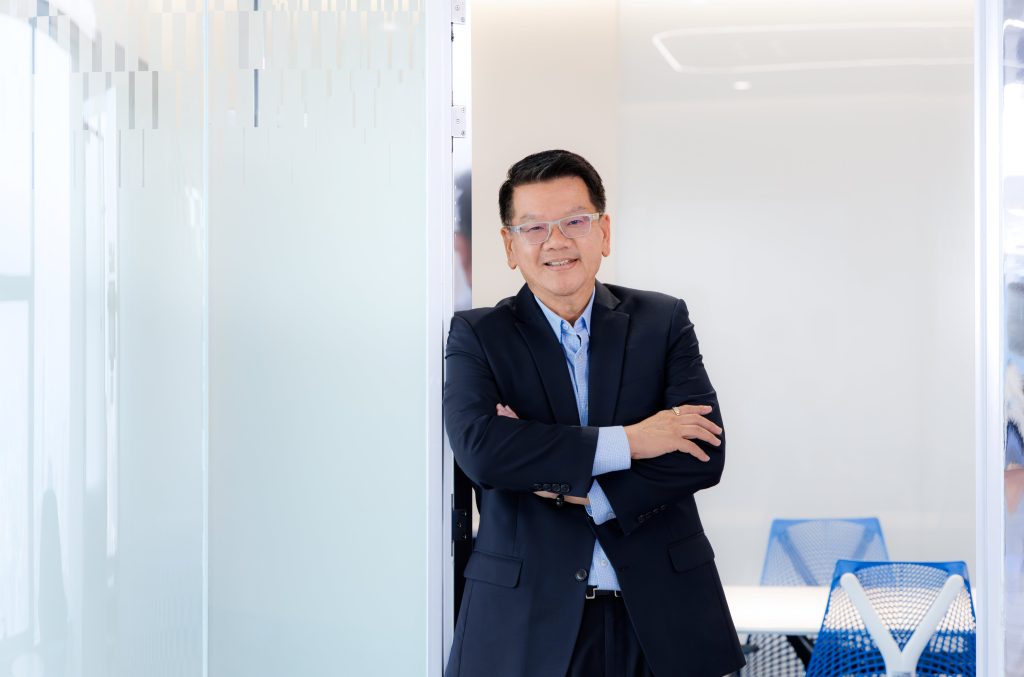- CEOs forge ahead with AI investment and adoption while balancing risk, as nearly three quarters (71 percent) consider it a top investment priority.
- Headcounts are on the rise, as an overwhelming majority of CEOs (92 percent) plan to increase their overall headcount in the next three years.
- Competition for AI talent is key focus for CEOs. Leaders are reshaping workforces at speed yet expertise in AI is emerging as a critical constraint, as over 70 percent of CEOs express talent shortages, and workforce upskilling, as challenges.
- CEOs back their businesses despite economic uncertainty, signaling intent through investments in people, AI, M&A, and organizational redesign — while 68 percent expressing confidence in the global economy (down from 72 percent last year).
- CEOs indicate rising confidence in meeting climate targets. Sixty-one percent now express confidence in meeting their net-zero targets by 2030, a significant increase from last year’s 51 percent.
The 11the edition of KPMG’s Global CEO Outlook shows a shift in mood, with confidence in the global economy dropping to 68 percent, in contrast to 72 percent last year. Yet what stands out this year is not the uncertainty — it is the determination. The survey found that CEOs remain optimistic about their own organizations, and nearly all (92 percent) are also planning to invest in talent and capabilities. This shift is reshaping what it means to lead. As CEOs place greater focus on AI and talent, qualities like agility, transparency, and a willingness to rethink strategy are becoming essential.
The annual survey of more than 1,300 global leaders reveals a cautious outlook among CEOs, driven by persistent geopolitical tensions and economic uncertainty. The challenging landscape is prompting a shift in leadership approach. As a result, many adapting their growth strategies to navigate today’s complex world.
Navigating uncertainty: CEOs are adapting and moving forward
Despite the headwinds, cautious optimism persists. Sixty-one percent of CEOs remain upbeat on earnings growth, forecasting an increase of more than 2.5 percent. A significant majority of leaders are focusing on investment in talent to drive a return to growth, and 92 percent of CEOs say they’re planning to increase headcount over the next three years. Many (89 percent) remain keen on M&A, predicting merger or acquisition activity over the next three years. Other the other hand, the most cited challenges to prosperity remain relatively unchanged from last year: cybercrime and cybersecurity (79 percent); AI workforce readiness or upskilling (77 percent); and successful integration of AI into business processes (75 percent).
Economic and geopolitical turbulence is forcing CEOs to rethink their leadership and strategy. Most (72 percent) have already adapted their growth plans, but leaders remain divided on what specific capabilities are needed to respond to today’s fast-changing and unpredictable environment, with greater agility and faster decision making (26 percent) vying with transparency in communication (24 percent) and the ability to identify, prioritize and manage risks (23 percent), for top priority.
Leaders prioritizing human-centric AI deployment
CEOs are doubling down on AI and technological innovation. Nearly three quarters (71percent) of leaders say AI is a top investment priority for 2026, and 69 percent planning to invest between 10 and 20 percent of their budgets in AI over the next 12 months.
However, accelerated global adoption of AI is creating new challenges for the boardroom. CEOs express significant reservations regarding ethical implications (59 percent), data readiness (52 percent), and lack of regulation (50 percent). A clear consensus is emerging that robust governance frameworks will be critical for sustained AI success.
CEOs also recognize that the success of AI adoption depends on its effective implementation, and their commitment to a people-led deployment of new technology prevails. While concerns persist that AI could lead to widespread job losses, 61 percent of CEOs say they are actively hiring new talent with skills in AI, and broader, technology. However, 70 percent report concern about competition for AI talent, and 77 percent highlight workforce upskilling as a challenge, underscoring the intensifying race for talent.
Climate confidence on the rise
While attitudes toward ESG vary across regions, the KPMG 2025 CEO Outlook indicates that most corporate leaders remain strongly committed to their sustainability goals and are increasingly confident of meeting them. Notably, 61 percent of CEOs now express confidence in meeting their net-zero targets by 2030. This marked increase in confidence suggests a strengthening belief in the attainability of long-term climate ambitions within the corporate world.
Bill Thomas, KPMG’s Global Chairman and CEO, said “It’s clear from our findings that CEOs are finding opportunities from disruption by investing boldly in technology, innovation and talent. With what we are seeing, there’s a careful balance required between innovation and responsibility. CEO responses on AI exemplify this, with leaders recognizing the need to embrace innovation while managing concerns over ethics, regulation, upskilling and access to talent. Ultimately, the leaders who can embrace market volatility and focus investments in the right strategic areas for their organization will be the ones best placed to unlock new opportunities and build sustainable, long-term growth.”
Charoen Phosamritlert, CEO of KPMG in Thailand, Myanmar and Laos, added “Thai CEOs are navigating both global volatility and domestic challenges such as slowing global demand and digital transition. The findings highlight that leaders worldwide are prioritizing AI and talent investment to strengthen productivity and resilience. These priorities are increasingly important for Thailand’s key sectors—manufacturing, financial services, and tourism-driven industries — and preparing for new opportunities in renewable energy, healthcare and the digital economy. The next step for CEOs is to embed sustainability and digital talent into their core strategies, turning today’s challenges into opportunities for long-term, competitive growth.”






